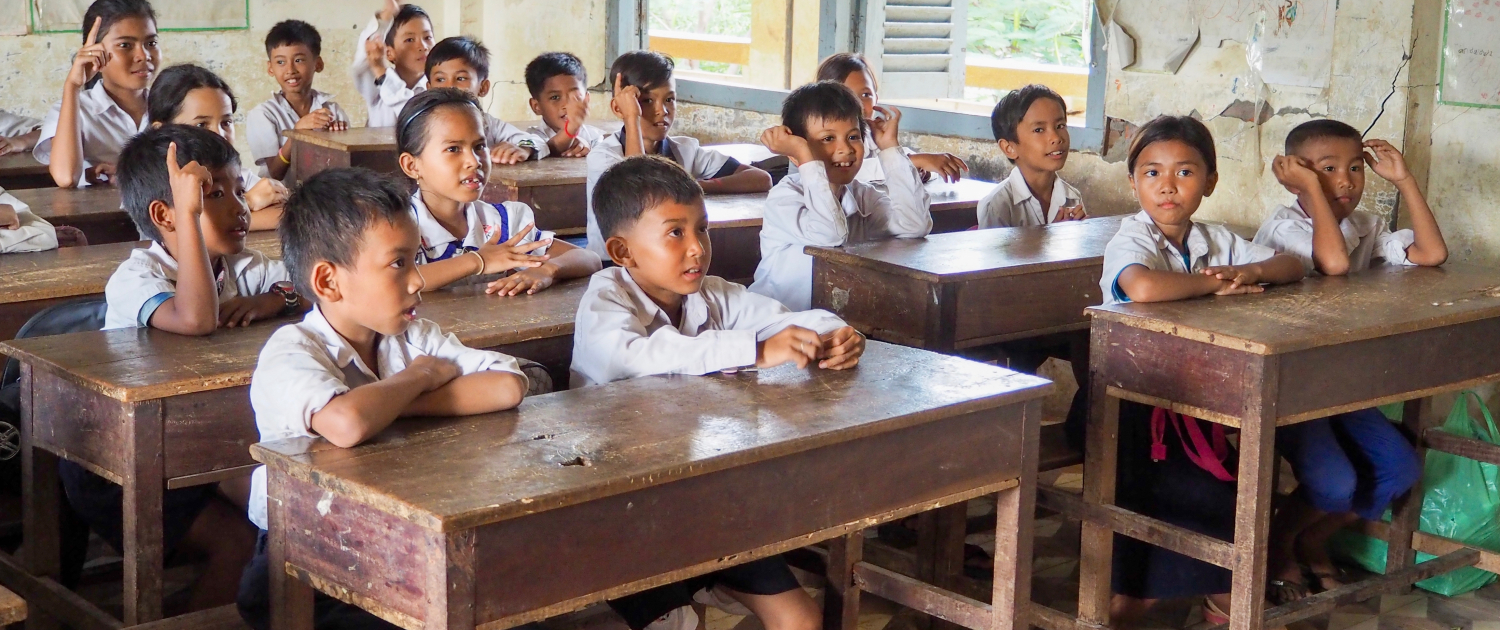Right to Education
According to article 26 UDHR “Everyone has the right to education…….. Education shall be directed to the full development of the human personality and to the strengthening of respect for human rights and fundamental freedoms. It shall promote understanding, tolerance and friendship among all nations, racial or religious groups, and shall further the activities of the United Nations for the maintenance of peace.”
Right to education is a fundamental right as also affirmed in article 28 of the Convention on the Rights of the Child (CRC).
APG23 advocates for the implementation of the Right to education and proposes since 1995, a new approach to education and school called School of Gratuitousness that represents an innovative answer to the needs of all children in the school system and in which students experiencing some difficulties are a resource. In fact in the School of Gratuitousness, the classroom becomes the place where the concept of gratuity is experienced, where educators and students share and work together for the passion of teaching and growing. The classroom becomes the place for experimentation and life, an environment characterized by the spirit of welcoming and cooperation. Each individual talent becomes everybody else’s talent, the limit of the individual is overcome by the group together.
In those countries and territories in which the Association Comunità Papa Giovanni XXIII is active, the right to education faces various challenges: many children have no access to primary education; the public education system is not able to offer a good quality service for all; the access to education is not adequate; in some countries, teaching methods are intimidating and include corporal punishments; in war zones or in refugee camps children are often denied the right to education and gender equality, that is a fundamental principle to ensure boys and girls the same opportunities, is not guaranteed. The Association focuses its attention on the right to education not only because it is an inalienable right of every child, but also because it is one of the key measures to redeem socially-excluded peoples from poverty and to allow them to actively participate in the decision-making process. Furthermore, APG23, undertakes to promote the dissemination of a culture of equal dignity and full respect of human rights for all and believes that there is the need for a deep change in societies in order to have fully inclusive education in which every child can develop his/her personality, talents and abilities to their full potential.

